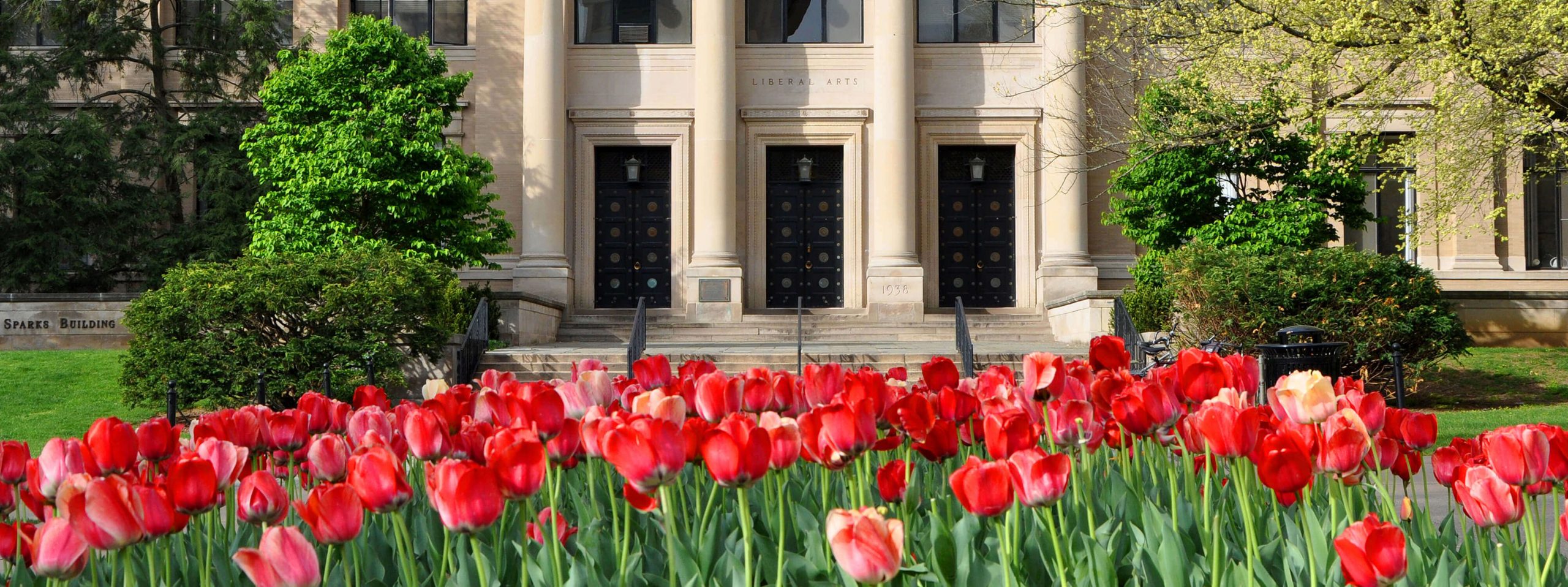Websites
Education
Professional Bio
Teresa's research focuses on well-being (what is intrinsically good for us) and ill-being (what is intrinsically bad for us). She has worked on the relation between well-being, alienation, and resonance. Teresa is currently working on grief and well-being. The central question is: how can grief be good for us when it is so painful? She argues that the pains of grief are uniquely positioned to help us get the goods of grief.
Areas of Specialization:
Ethics, Well-being
Areas of Competence:
Applied Ethics (Business Ethics, Environmental Ethics, Bioethics), Feminist Philosophy, Philosophy of Law, Free Will
Publications:
Bruno-Niño, Teresa. “Fit and Well-being” (Forthcoming, Utilitas).
Bruno-Niño, Teresa, von Kriegstein, Hasko. “Ill-being as Dissonance.” Ill-being: Philosophical Perspectives, under contract with Oxford University Press. Christine Tappolet and Mauro Rossi (eds.). (Forthcoming).
Bruno-Niño, Teresa. “Ill-being as Hating the Bad?” Midwest Studies in Philosophy 46 (2022). DOI: https://doi.org/10.5840/msp2022112529
Bruno-Niño, Teresa. “The Power of Belief: Cognitive Resonance, Objectivism, and Well-being.” Ethical Theory and Moral Practice (2022). DOI: https://doi.org/10.1007/s10677-022-10346-0
Bruno-Niño, Teresa, Werner, Preston J. “You Oughta Know: A Defence of Obligations to Learn,” Australasian Journal of Philosophy. DOI: https://doi.org/10.1080/00048402.2018.1547915
Book Reviews:
Bruno-Niño, Teresa. Review of the book Almost Over: Aging, Dying, Dead by F.M. Kamm. Utilitas (2022). DOI: https://doi.org/10.1017/S0953820822000097
Bruno-Niño, Teresa. Review of the book Happiness Explained: What Human Flourishing is and What We Can Do to Promote It by Paul Anand. Teaching Philosophy (42, 3) (September 2019). DOI: https://doi.org/10.5840/teachphil2019423112


